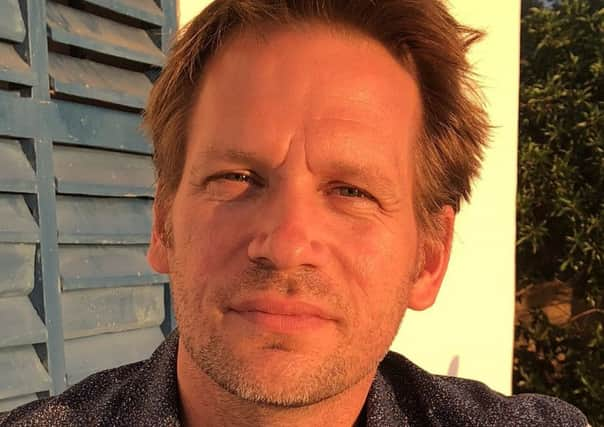Book review: Dictionary of the Undoing, by John Freeman


In the introduction to his latest book, The Dictionary of the Undoing, Freeman observes that “something is very wrong with the world” and sets out to put things right armed with nothing but the power of language. His central premise is that language is a tool that has been “vandalised” by the powers that be, and in order for us to achieve a necessary shift in perspective it must be reclaimed. He suggests that, rather than trying to pick fights over words that have been “weaponised into nonsense” (and yes, a certain “barely literate” world leader looms large in this book) it is instead important to “grab the words that have possibility in them and begin using them anew”.
And so, Freeman takes us through an alphabet of words which, he believes, have the power to effect change, if only we can come to understand them in subtly different ways. In the current climate, he argues, the word “agitate” has negative connotations: we are all agitated, in the era of social media, and agitated people are “more easily manipulated... agitated consumers buy... agitated consumers eat faster.” What would happen, he wonders, if we all turned away from our screens and looked to “the street, the public square, the free press (printed on paper and distributed)” and determined to “redefine agitate as an active word... as in to agitate for change”.
Advertisement
Hide AdTo B next, and bodies: “Our culture,” Freeman writes, “has become a machine tuned to … show us images of black and brown bodies being abused and women’s bodies being abused, to screen pornographies of violence constantly.” The solution? Understand that the body is also “a container for joy” and understand how deeply governments “fear the power of the body”, particularly when those bodies take to the streets in large numbers. There are certain things about this book that some readers might find irksome – to British ears, it might sound a little strident at times, and there’s not much humour to lift the mood. Whatever you think of the style of delivery, though, you can’t fault the logic. Roger Cox
Dictionary of the Undoing, by John Freeman, Corsair, 178pp, £12.99